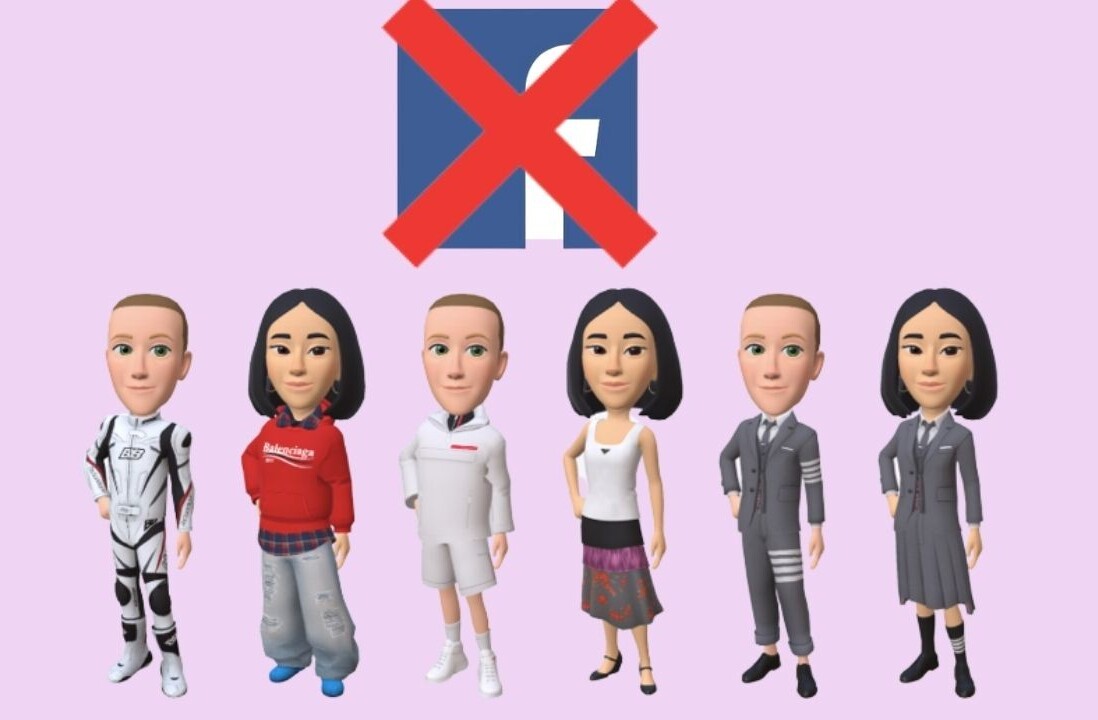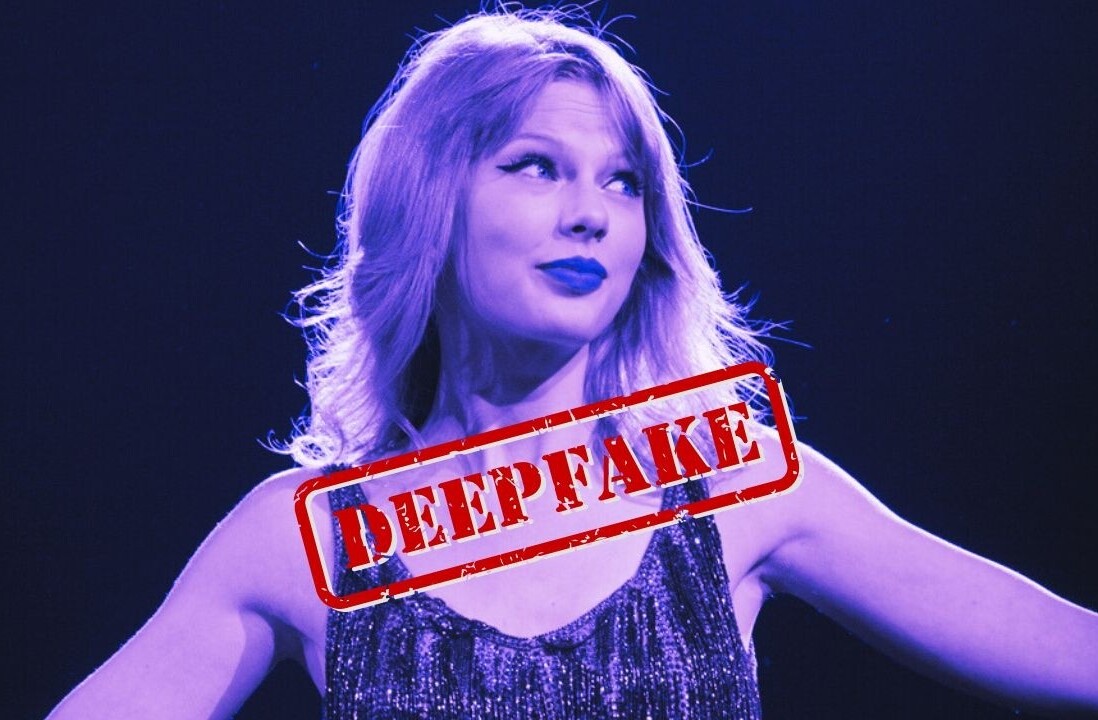Over the past few years, Facebook has steadily become the place for millions of people to find most – if not all – their news, entertainment and updates on their friends and loved ones.
That gives the social network tremendous power to control what people see in the media. Is that too much power for a single entity? Espen Egil Hansen, the editor-in-chief of Norway’s largest newspaper Aftenposten, certainly thinks so.
Hansen wrote an open letter to Facebook CEO Mark Zuckerberg after the social network deleted a post by Norwegian writer Tom Egeland entitled ‘Seven photographs that changed the history of warfare;’ it contained a photo from the Vietnam war by Nick Ut that showed children fleeing a napalm attack near the village of Trảng Bàng, including a naked nine-year-old girl named Phan Thị Kim Phúc.

Facebook also suspended Egeland’s account. And when Aftenposten reported the incident and posted a link to the story on its Facebook page along with the Pulitzer-prize-winning photo, the social network sent a message asking the paper to “either remove or pixelize” the photograph.
In his letter, Hansen slammed Zuckerberg, who he called ‘the world’s most powerful editor’, for enstating rigid rules for publishing content that don’t take into account context and special circumstances where stories and images may need to be shared for the greater good, even if they don’t adhere to the platform’s guidelines. Hansen wrote:
First you create rules that don’t distinguish between child pornography and famous war photographs. Then you practice these rules without allowing space for good judgement. Finally you even censor criticism against and a discussion about the decision – and you punish the person who dares to voice criticism.
He also explained the signifcance of the photograph in question:
The media played a decisive role in reporting different stories about the war than the men in charge wanted them to publish. They brought about a change of attitude which played a role in ending the war.
Hansen is right to point out the problems with the way Facebook handles sensitive content published on its platform. It’s by no means easy to get it right, but it’s important to first accept that a one-size-fits-all method for deciding what’s acceptable just doesn’t work.
The media have a responsibility to consider publication in every single case. This may be a heavy responsibility. Each editor must weigh the pros and cons.
This right and duty, which all editors in the world have, should not be undermined by algorithms encoded in your office in California.
In response to The Guardian’s request for comment on the matter, a Facebook spokesman said:
While we recognize that this photo is iconic, it’s difficult to create a distinction between allowing a photograph of a nude child in one instance and not others.
We try to find the right balance between enabling people to express themselves while maintaining a safe and respectful experience for our global community. Our solutions won’t always be perfect, but we will continue to try to improve our policies and the ways in which we apply them.
That sounds like the right attitude, but Facebook will have to back it up with prompt action and careful, considerate execution.
Hansen called for the introduction of “geographically differentiated guidelines and rules for publication”, as well as for distinguishing “between editors and other Facebook-users (sic).”
The social network has been focused on expanding avenues for advertisers to reach its audience and on building functionality to view and broadcast video. But this incident shows that the company also needs to work on how it handles content.
Earlier this year, Facebook was called out for censoring conservative news and links to Wikileaks’ DNC email dump; it then fired its editorial staff and began using an algorithm to decide which topics to highlight in its list of trending stories and ended up pointing to a fake report about Megyn Kelly.
The company clearly has some housekeeping to take care of. It’ll be interesting to see how it responds to Hansen’s letter and to the issues he’s brought to light.
Update: Norwegian Conservative Prime Minister Erna Solberg has waded into the fray, posting the photo on her personal Facebook profile, writing that it had changed the course of world history.
The image was soon deleted, causing Solberg to say “Facebook gets it wrong when they censor such pictures. It limits the freedom of speech.” She added “I say yes to healthy, open and free debate – online and wherever else we go. But I say no to this form of censorship.”
In the same posting, she also praised Facebook for combatting photos of child abuse on the platform.
Update 2: Facebook has removed the censor and decided to review its community guidelines. The company sent out the following statement:
After hearing from our community, we looked again at how our Community Standards were applied in this case. An image of a naked child would norma3lly be presumed to violate our Community Standards, and in some countries might even qualify as child pornography. In this case, we recognize the history and global importance of this image in documenting a particular moment in time. Because of its status as an iconic image of historical importance, the value of permitting sharing outweighs the value of protecting the community by removal, so we have decided to reinstate the image on Facebook where we are aware it has been removed. We will also adjust our review mechanisms to permit sharing of the image going forward. It will take some time to adjust these systems but the photo should be available for sharing in the coming days. We are always looking to improve our policies to make sure they both promote free expression and keep our community safe, and we will be engaging with publishers and other members of our global community on these important questions going forward.
Get the TNW newsletter
Get the most important tech news in your inbox each week.
![Zuckerberg slammed by Norwegian paper over Facebook censoring iconic war photo [Update: Facebook Repents]](https://img-cdn.tnwcdn.com/image?fit=1280%2C720&url=https%3A%2F%2Fcdn0.tnwcdn.com%2Fwp-content%2Fblogs.dir%2F1%2Ffiles%2F2016%2F09%2FFacebook-Aftenposten.jpg&signature=b649f1f22b7f6366dee52c84199ba763)





